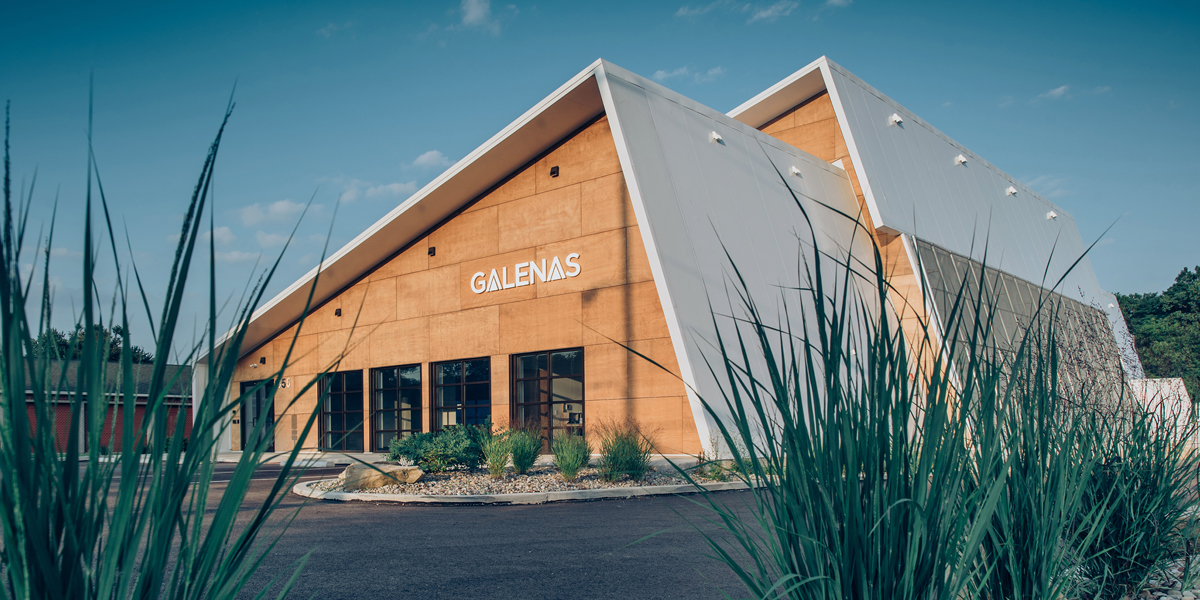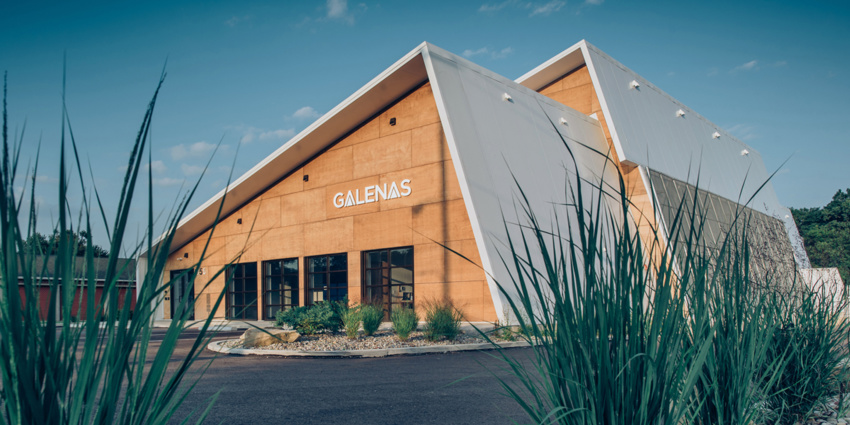Georgia-Pacific, in collaboration with partners The Georgia Forestry Foundation and Jamestown LP, recently engaged in discussions with state and local leaders. The focus was on the importance of prioritizing and utilizing sustainable structural building materials, such as mass timber, and how it can positively impact both the environment and Georgia's economy. The gathering took place at 619 Ponce, Atlanta's inaugural locally manufactured mass timber building located at Ponce City Market. Attendees included U.S. Senator Reverend Raphael Warnock, state legislature leaders, and over 40 CEOs from various companies nationwide.
The event, spearheaded by Jamestown's Principal and CEO, Matt M. Bronfman, featured key figures like Andres Villegas, president and CEO of the Georgia-Forestry Foundation, and John Mulcahy, Georgia-Pacific's vice president of stewardship. Mulcahy highlighted how leveraging Georgia's abundant forest resources and forming partnerships with organizations committed to sustainable building initiatives, such as the Georgia Forestry Foundation's Seedlings to Solutions, contributed to the near-completion of the 619 Ponce project.
Mulcahy emphasized that the attention received by 619 Ponce from the construction, commercial leasing, and timber industries indicates that the approach of using locally-sourced Southern yellow pine for mass timber products opens new opportunities for the forestry and construction sectors. During the event, Mulcahy also shared insights on how the nation's forests can offer meaningful solutions for a more sustainable future.
Discussions extended to challenges related to development, land use, and the demands of growing populations. The strong national demand for timber, including Georgia's plentiful Southern yellow pine, was acknowledged. Wood, being a renewable resource, can store carbon for extended periods. Additionally, Mulcahy pointed out that building with wood enhances safety for construction workers and can result in cost savings for construction companies due to reduced build time with wood products.
Mulcahy expressed enthusiasm, stating, "Mass Timber is not only an exciting development for the construction industry but the forestry industry as well." He emphasized Georgia's advantageous position to benefit from increased demand for mass timber, given the state's top-ranking forestry industry and abundant resources.
The Southern yellow pine used in the project is sourced locally, harvested by a nearby supplier, and then processed at Georgia-Pacific's Albany sawmill. The lumber is sent to SmartLam, a mass timber design company, which converts it into cross-laminated timber (CLT). Notably, Georgia-Pacific pioneered the use of Southern yellow pine in plywood panels in the 1960s.
The modern facility, targeting net-zero carbon readiness, LEEDv4 Core & Shell certification, and Fitwel certification, spans four stories and comprises 87,000 square feet of office space. Sage, a leader in accounting, financial, human resources, and payroll technology, has leased the space, and Pottery Barn is set to open an 18,000-square-foot store on the ground floor in early 2024.
Increasing attention is being directed towards construction endeavors incorporating mass timber due to its sustainable nature. Materials like Cross-Laminated Timber (CLT) and glue-laminated timber (glulam), both employed in the 619 Ponce initiative, are engineered to possess robust strength comparable to concrete and steel, yet they are considerably lighter. These materials are typically constructed through lamination, fastening, or adhesive processes. Mass timber serves as a complement to light-frame and hybrid alternatives, enabling efficient construction and renovation while facilitating disassembly and the repurposing of materials at the end of their lifecycle. This approach significantly contributes to the reduction of waste.
The event, spearheaded by Jamestown's Principal and CEO, Matt M. Bronfman, featured key figures like Andres Villegas, president and CEO of the Georgia-Forestry Foundation, and John Mulcahy, Georgia-Pacific's vice president of stewardship. Mulcahy highlighted how leveraging Georgia's abundant forest resources and forming partnerships with organizations committed to sustainable building initiatives, such as the Georgia Forestry Foundation's Seedlings to Solutions, contributed to the near-completion of the 619 Ponce project.
Mulcahy emphasized that the attention received by 619 Ponce from the construction, commercial leasing, and timber industries indicates that the approach of using locally-sourced Southern yellow pine for mass timber products opens new opportunities for the forestry and construction sectors. During the event, Mulcahy also shared insights on how the nation's forests can offer meaningful solutions for a more sustainable future.
Discussions extended to challenges related to development, land use, and the demands of growing populations. The strong national demand for timber, including Georgia's plentiful Southern yellow pine, was acknowledged. Wood, being a renewable resource, can store carbon for extended periods. Additionally, Mulcahy pointed out that building with wood enhances safety for construction workers and can result in cost savings for construction companies due to reduced build time with wood products.
Mulcahy expressed enthusiasm, stating, "Mass Timber is not only an exciting development for the construction industry but the forestry industry as well." He emphasized Georgia's advantageous position to benefit from increased demand for mass timber, given the state's top-ranking forestry industry and abundant resources.
The Southern yellow pine used in the project is sourced locally, harvested by a nearby supplier, and then processed at Georgia-Pacific's Albany sawmill. The lumber is sent to SmartLam, a mass timber design company, which converts it into cross-laminated timber (CLT). Notably, Georgia-Pacific pioneered the use of Southern yellow pine in plywood panels in the 1960s.
The modern facility, targeting net-zero carbon readiness, LEEDv4 Core & Shell certification, and Fitwel certification, spans four stories and comprises 87,000 square feet of office space. Sage, a leader in accounting, financial, human resources, and payroll technology, has leased the space, and Pottery Barn is set to open an 18,000-square-foot store on the ground floor in early 2024.
Increasing attention is being directed towards construction endeavors incorporating mass timber due to its sustainable nature. Materials like Cross-Laminated Timber (CLT) and glue-laminated timber (glulam), both employed in the 619 Ponce initiative, are engineered to possess robust strength comparable to concrete and steel, yet they are considerably lighter. These materials are typically constructed through lamination, fastening, or adhesive processes. Mass timber serves as a complement to light-frame and hybrid alternatives, enabling efficient construction and renovation while facilitating disassembly and the repurposing of materials at the end of their lifecycle. This approach significantly contributes to the reduction of waste.


 Sustainable Construction with Mass Timber: Strength, Efficiency, and Waste Reduction
Sustainable Construction with Mass Timber: Strength, Efficiency, and Waste Reduction





 Companies
Companies